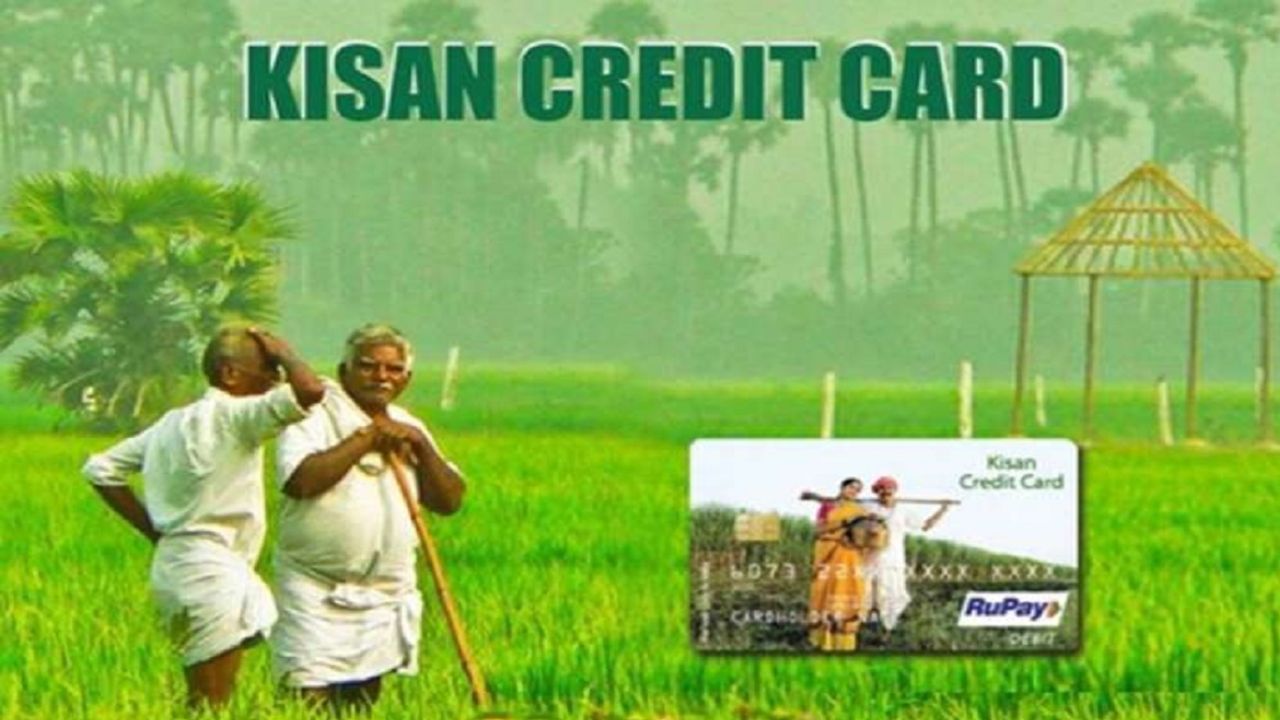A disturbing report related to the Kisan Credit Card (KCC) scheme started to increase the earnings of farmers and give them cheap loans has come out. According to media reports, in the financial year 2025, the number of KCC accounts in public sector banks has come down by 1.8% to just 2.25 crore but, during this time, the outstanding debt on these accounts has increased. In 2025, the total debt on KCC has increased by 2.2% to Rs 413 billion.
What is the reason behind the decline in KCC accounts?
According to a report by Business Standard, an official said that the decline in the number of KCC accounts is a sign that the way of taking loans in villages is now changing. He says that in the last few years, the earnings of farmers have increased a bit. Some farmers are giving up farming, so in some states, farmers are now paying more attention to loans related to farming like cooperative banks, NBFC or fertilizer cards than government banks. That is why there is a decrease in taking KCC loan from public sector banks.
Reduction in new KCC accounts
Punjab National Bank MD and CEO Ashok Chandra said that the decrease in the number of new Kisan Credit Card (KCC) accounts is being seen. He said that a big reason for this is that the eligible farmers in most areas have already got KCC. In the last few years, the government and banks put a lot of emphasis on this scheme and added more and more farmers. That is why new accounts are opening less now. Nevertheless, Chandra says that KCC is still the biggest means of taking loans for farming and farmers are fulfilling their needs from it.
Farmer gets cheaper debt on credit card
Through Kisan Credit Card (KCC), farmers get cheaper debt for farming. You can get a loan of up to Rs 5 lakh in this scheme. In this, 3 lakh rupees are given for crops and 2 lakh rupees for other works related to farming. Interest on this loan is only 7%. From above, the government gives a discount of 2% interest and if paying on time, then a bonus of 3% is also available. That is, overall, the farmer has to pay only 4% annual interest. It is one of the country’s cheapest farming debt.
